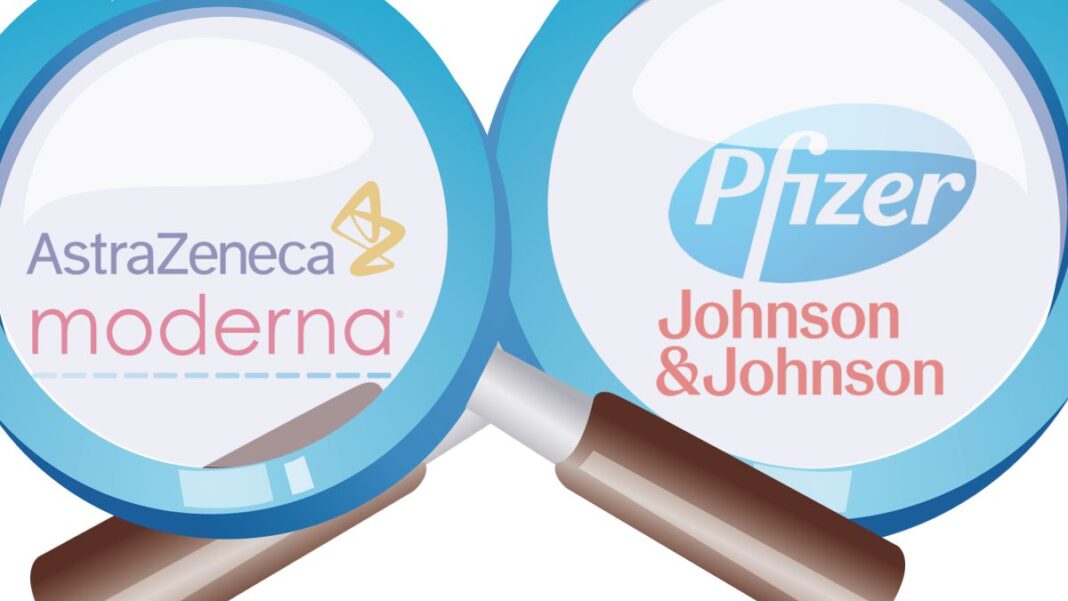Leading scientists from the world-renowned Yale University have confirmed that Covid mRNA “vaccines” cause vaccine-acquired immunodeficiency syndrome (VAIDS).
A bombshell study conducted by researchers at Yale University School of Medicine found that mRNA injections alter human biology to create long-term spike protein production that increases over time.
The scientists warn that the Covid mRNA vaccines alter T cell immunophenotypes which triggers VAIDS – or “vaccine-induced AIDS.”
The study was led by Bornali Bhattacharjee from Yale University School of Medicine.
It was conducted in collaboration with multiple Yale departments, including Immunobiology, Biostatistics, and the Center for Outcomes Research and Evaluation.
The study also included external contributors from Mount Sinai and other institutions.
The findings were published in the medRxiv medical journal.
Two of the study’s co-senior authors, Harlan Krumholz and Akiko Iwasaki, have been leaders in investigating mRNA shots’ links to so-called “Long Covid,” which they believe should be renamed “Long Vax.”
The study investigates whether individuals experiencing chronic symptoms after Covid vaccination exhibit distinct immunological and antigenic signatures.
The condition is referred to as “post-vaccination syndrome” (PVS).
The authors hypothesize that persistent antigenemia, immune dysregulation, and viral reactivation (e.g., Epstein-Barr Virus) contribute to PVS pathophysiology.
Journalist Alex Berenson, who has been reporting on the research for some time, commented that the study has exposed the link between Covid mRNA “vaccines” and VAIDS.
I don't use the term VAIDS (vaccine-induced AIDS), but I'm not sure how else to describe the T-cell changes the Yale team is finding. https://t.co/LBb9nZFJDn
— Alex Berenson (@AlexBerenson) February 19, 2025
The Yale researchers conducted a decentralized, cross-sectional case-control study that included 42 individuals with PVS and 22 healthy vaccinated controls.
The participants were recruited from the Yale LISTEN study.
Participants were assessed for immune cell populations, cytokine responses, antibody levels, viral reactivation markers, autoantibodies, and circulating SARS-CoV-2 spike protein.
The study controlled for potential confounding by stratifying participants based on SARS-CoV-2 infection history and adjusting for vaccination status.
The study identified several key immunological alterations in PVS participants.
Altered T cell immunophenotypes were observed, with reduced memory and effector CD4+ T cells, including both Th1 and Th2 subsets, alongside a significant increase in TNFα+ CD8+ T cells, indicating heightened inflammatory responses.
Lower anti-spike IgG titers were also noted, correlating with fewer vaccine doses received, and in infection-naïve PVS participants (PVS-I), these levels declined significantly over time post-vaccination.









